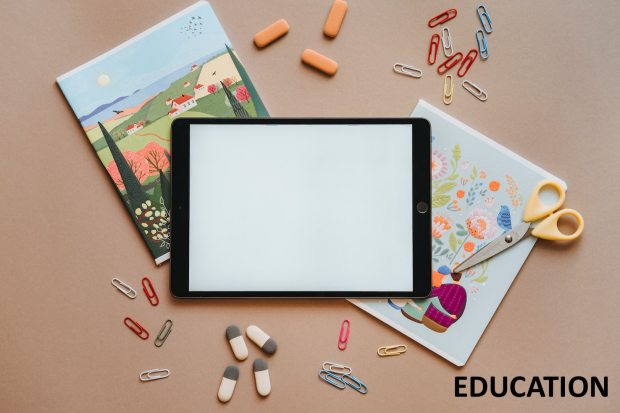
Critical thinking is really important when one derives results from a model. They are behind so much of modern day decision-making. Whether it is a decision to invest (financial models) or policy-making (economic models or models calculating social impacts); they generate a false sense of precision and scientific-ness in the process. There is of course the interdisciplinary subject of decision science that tries to be eclectic in drawing out tools and resources from various disciplines to help support decision-making.
I recall at one point, Dr Goh Keng Swee talked about how economics is not necessarily going to help us get things right but it does help to eliminate almost 99% of the options which are necessarily wrong. In the same spirit, I think modelling should be a way to eliminate the fringe cases and allow us to work within scenarios that make sense rather than give us a view of the future.
Forecasting should not so much be seen as ‘what will happen’; but to help us cast out the ‘what will not happen’. Decision-making, on the other hand, is choosing between eventually the options that are plausible within what was not eliminated. To that extent, we need to use models extremely critically – even after we have spent lots of time and money building a model. We cannot say to ourselves, ‘if we spent all the resources building this model and not using the results, it is a waste‘.
